Lyft
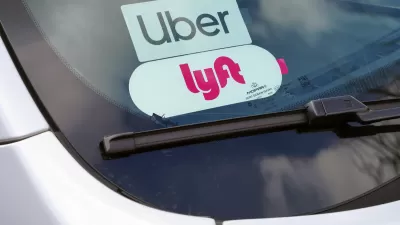
Minnesota Lawmakers Reach Ride Share Compromise
A law awaiting the governor’s signature establishes wage rates for drivers. Ride share companies say if the law passes, they plan to continue service in the state.
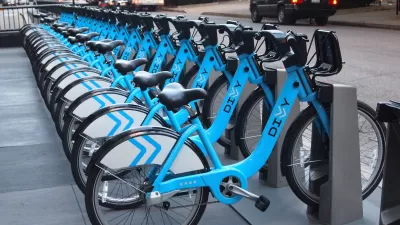
The Year in Micromobility
The industry is seeing uneven support despite high ridership numbers.
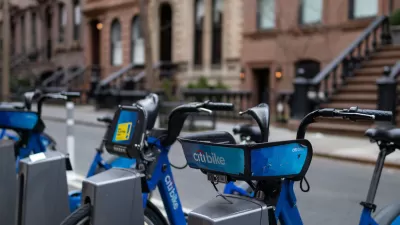
Citi Bike’s New Contract: What You Need to Know
Double the e-bikes, but no system expansion: an outline of what riders can expect from Citi Bike’s new agreement with the city.

Advice for Autonomous Cars
Drivers for Uber and Lyft in San Francisco express their concerns and advice for self-driving taxi services.

The Slow Death of Ride Sharing
From the beginning, TNCs like Lyft and Uber touted shared rides as their key product. Now, Lyft is ending the practice.
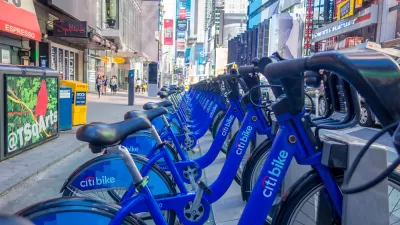
With Lyft in Trouble, Will Citi Bike Ride On?
The popular NYC bike share system will likely survive the company’s current financial setbacks, but other, smaller bike share systems may not be so lucky.
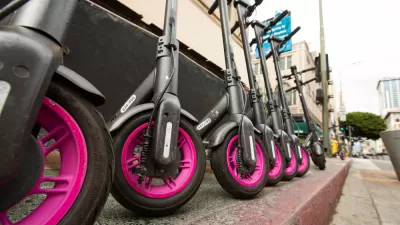
Lyft Shifting to Docked E-Scooters
After failing to deliver on promises of frictionless, free shared mobility, the operator will begin docking its scooters at stations to reduce sidewalk obstructions and eliminate the need to collect scooters for recharging.
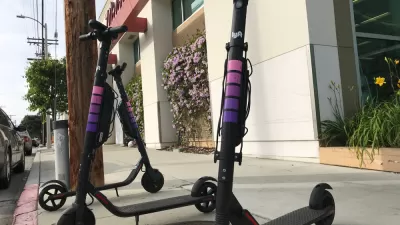
Lyft Pulls Micromobility From Los Angeles Area
The company will no longer provide shared bikes and scooters in the L.A. region, citing a ‘lack of longterm commitment’ from cities.
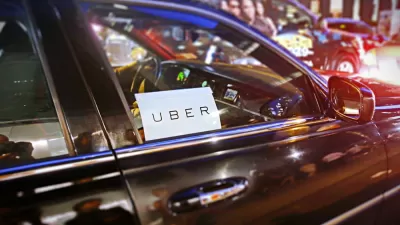
There Goes the Neighborhood? The Trickle-Down Effect of High Ride-Hailing Prices
Low-cost Uber and Lyft services helped some neighborhoods thrive, making them more accessible. Now these same neighborhoods are feeling the pinch as high ride-hailing costs push customers to stay closer to home.
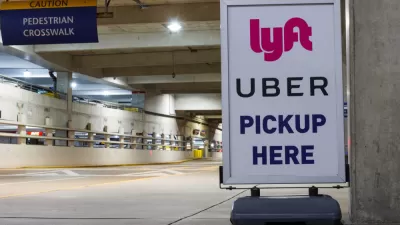
Uber and Lyft Ridership Remains Low in Massachusetts
High prices, labor issues, and legal blunders plague the transportation network companies, who are increasingly shifting to deliveries over rides.
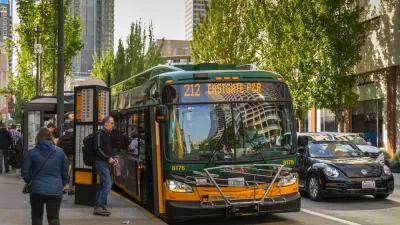
Seattle Transit Winning Back Riders Faster Than Ridehailing
Ridehailing companies saw a steep drop in ridership in the city during the pandemic, followed by a slow recovery as their prices increase and demand slows.
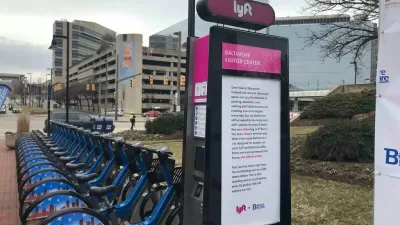
Uber and Lyft: A Tale of Two Companies
After years of resisting efforts by cities to regulate their business and constant—but unprofitable—growth, Uber and Lyft are homing in on their unique strengths.

Gig Workers Demand Data Transparency
Access to data for gig workers can provide a valuable source of information and bargaining power in a traditionally opaque and risky industry.
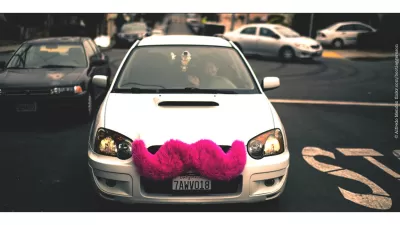
What Are Transportation Network Companies?
Transportation Network Companies (TNCs), provide on-demand transportation services through app-based platforms to create a new level of convenience for riders—and a host of challenges for policymakers and regulators.
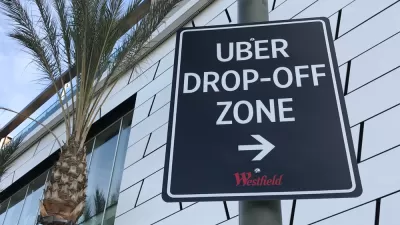
Study: Uber and Lyft Trips Cost the Planet More Than Trips in Personal Vehicles
The cost of 'deadheading'–the time ride-hailing drivers spend looking for fares–offsets any environmental benefits created by the industry, despite early claims that the apps would reduce congestion and air pollution.

California Judge Renders Gig Worker Law Unenforceable
A judge ruled against California's Proposition 22, which let ride-hailing and delivery businesses classify workers as independent contractors and discouraged unionization efforts.
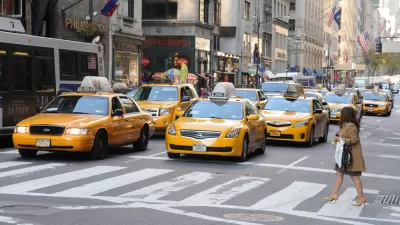
Ride-Hailing Prices Skyrocket as the U.S. Emerges From the Pandemic
A shortage of drivers and spiking demand are driving Uber and Lyft prices higher than ever as the companies struggle to achieve profitability.
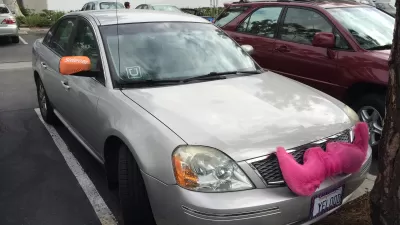
Study: Ride-Sharing Increases Urban Congestion
New research shows that ride sharing contributes to increased congestion and decreased transit ridership.

The Post-Pandemic Future of Rideshare
With pooled services suspended through the pandemic and research showing most users prefer private rides, will shared rides continue to play a role in urban transportation?
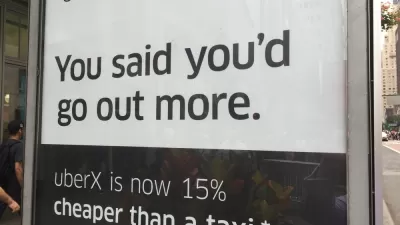
Report: Ride-Hailing Drastically Increases Vehicle Miles Traveled
New research published in Transport Policy finds that ride-hailing companies increase vehicle miles traveled of users by 97 percent in Chicago, 114 percent in New York City, and 118 percent in San Francisco.
Pagination
Urban Design for Planners 1: Software Tools
This six-course series explores essential urban design concepts using open source software and equips planners with the tools they need to participate fully in the urban design process.
Planning for Universal Design
Learn the tools for implementing Universal Design in planning regulations.
planning NEXT
Appalachian Highlands Housing Partners
Mpact (founded as Rail~Volution)
City of Camden Redevelopment Agency
City of Astoria
City of Portland
City of Laramie


































